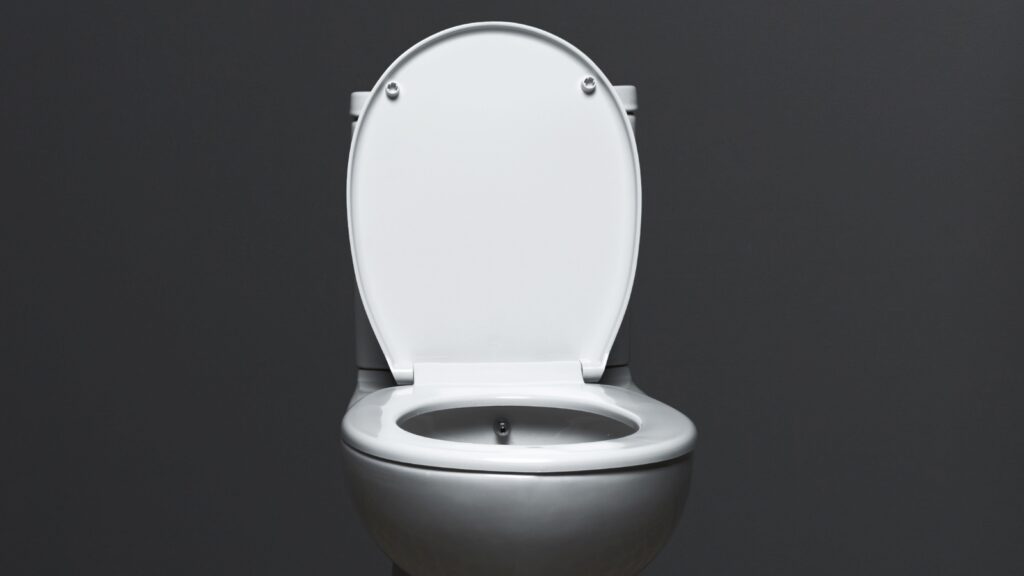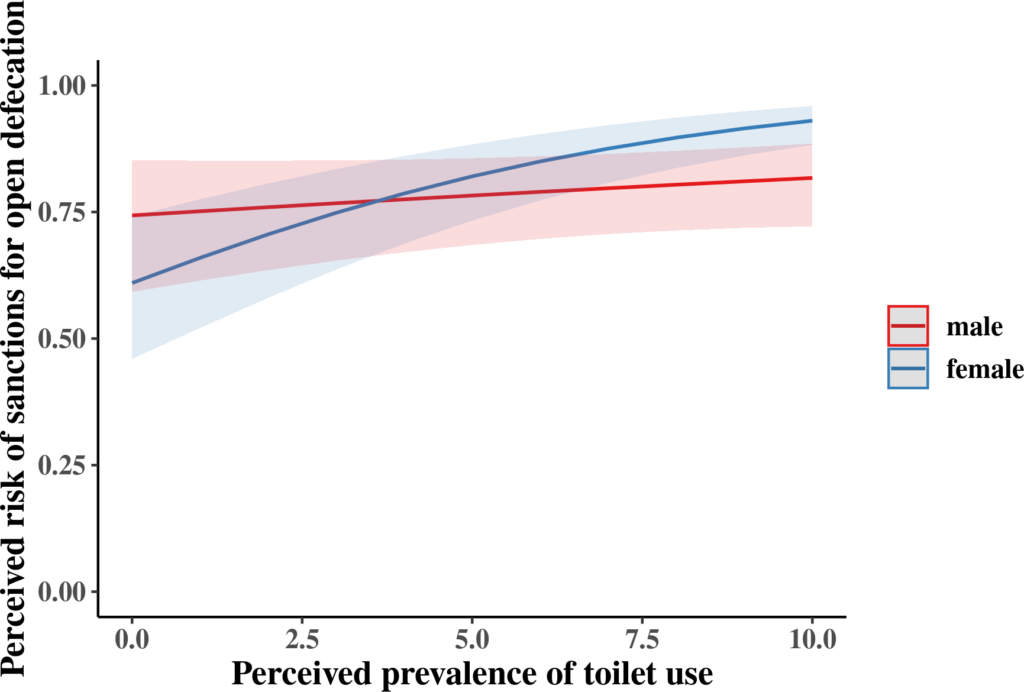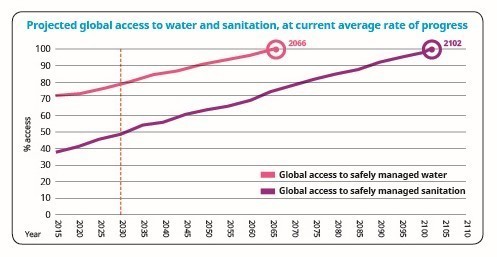Not everyone can just flush and forget. These stats prove why World Toilet day is still matters.
Globally, two billion people could have proper toilet and sanitation facilities by 2030 if we care more toilet. These five statistics prove it :
RELEVANT SUSTAINABLE GOALS
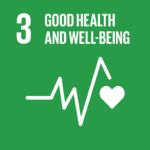
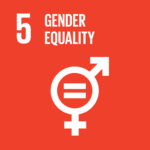
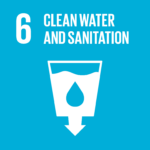
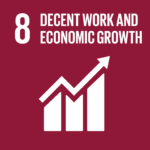
1. Life Saver
Unsafe sanitation is one of the world’s largest health and environmental problems – particularly for the poorest in the world. Lack of access to poor sanitation is a leading risk factor for infectious diseases, including cholera, diarrhoea, dysentery, hepatitis A, typhoid and polio.2
According to the Global Burden of Disease study 775,000 people died prematurely in 2017 as a result of poor sanitation. To put this into context: this was almost double the number of homicides – close to 400,000 in 2017.
Accoding to Dr Maria Neira, Director, Department of public health, Environmental and Social Determinants of Health, WHO : “Poor sanitation is (also) a major factor in the transmission of neglected tropical diseases such as intestinal worms, schistosomiasis, and trachoma, as well as contributing to malnutrition.”
2. Growth Facilitator
The first 1,000 days, from conception to age three, are crucial to a child’s development and lifelong health. Yet, in this period mothers and their babies and infants could face a unique set of challenges. Inadequate water, sanitation and hygiene (WASH) services could impact child nutritional status through multiple pathways.
Chronic malnutrition will result in stunting (low height for age), an irreversible condition that literally stunts the physical and cognitive growth of children1. Stunting is caused by inadequate intake of nutritious food, frequent illnesses such as diarrhoea and intestinal worms, poor care practices, and lack of access to health and other essential services, especially in the first 1,000 days of a child’s life.
The risk of stunting at 24 months increases substantially with each diarrheal episode and days of illness before 2 years old. Children who are stunted (having low height-for-age) suffer from a long-term failure to grow, reflecting the cumulative effects of chronic deficits in food intake, poor care practices, and illness. The early years of life, especially the first 1,000 days, are critical; if a child’s growth is stunted during this period, the effects are irreversible and have lifelong.
Proper toilet and improved sanitation system would also act as a “super-vaccine” that would effectively end the spread of many deadly diseases, just as it already has in places where flush toilets are the norm.
3. Opportunity-maker
Proper sanitation also presents an economic opportunity, which in turn can improve the lives of billions. Ensuring everyone has a toilet where waste is safely managed will generate $86 billion per year in greater productivity and reduced health costs, preventing 6 billion cases of diarrhea, increasing school and work attendance by three billion days each year, and unlocking USD $420 billion in productive value.
For every $1 invested in basic sanitation up to $5 is returned in saved medical costs and increased productivity, and jobs are created along the entire service chain.
Malnutrition also inflicts a big economic burden, with this year’s Global Nutrition Report concluding that the impact of malnutrition costs 11 percent of GDP annually across Africa and Asia. Children are at constant risk of diarrhoea when they drink contaminated water, often polluted by people going to the toilet in the open. This, in turn, challenges to concentrate at school, missing lessons, and poor performance at school
Malnutrition also inflicts an enormous economic burden, the 2017’s Global Nutrition Report concluding that the impact of malnutrition costs 11 percent of GDP annually across Africa and Asia. In addition, children are at constant risk of diarrhea when they drink contaminated water, often polluted by people going to the toilet in the open. This, in turn, creates a challenge to concentrate at school, missing lessons, and poor performance at school.
4. Dignity Protector
Both water, toilet and improved sanitation services can provide significant time savings for households and individuals, freeing up productivity time for work, education, childcare, and leisure.
Safely managed water services could save households more than 50 billion hours in travel time between 2021 and 2040. Access to basic water saves rural households 40 minutes per trip, and urban households 20 minutes per trip, equivalent to 240–490 hours per year. Safely managed water services save an additional 60 hours per year.
This burden disproportionately falls on women, making basic water services a powerful tool for addressing gender inequalities. If women are responsible for 60% of household water collection needs globally, achieving universal basic water services would free up more than 77 million working days for women each year between 2021–2040. Under the same assumptions, safely managed water would free up an additional 122 million working days each year for women.
Basic water services alone can save women 77 million working days per year.
WaterAid
Improved water, toilet and sanitation systems can be a tool for empowering women and reducing gender inequalities. Women and girls are at risk of experiencing gender-based harassment and violence when practising open defecation, particularly in urban settings.
A recent study on open defection impact on women showed that women are more likely to expect social sanctions compared to men. even on urban settings.
Secondly, a lack of adequate menstrual hygiene management (MHM) facilities can also risk bullying or violence. Lack of privacy, suitable infrastructure for cleaning and washing and good hygiene in school toilets contributes to school absenteeism, particularly when girls menstruate.
5. Earth & Biodiversity Conservator
Proper placement of tap, toilets, and improved sanitation system helps ensure that freshwater sources are safe from contamination. Protecting headwater ecosystems, like the mountaintop forests where freshwater begins, protects that clean water supply while securing habitat for biodiversity. Defecation and waste only occur in properly constructed latrines. Land areas are not contaminated with feces, and watercourses no longer act as sewers. This, in turn, allows plant life, fish, and other aquatic organisms to flourish.
The latest report from UN Water in 2020 showed that poor water management tends to exacerbate the impacts of climate change, not only on water resources but on society as a whole. At the same time, extreme drought leads to insufficient water resources for flushing sewage systems.
World Toilet Day is all about celebrating toilets for everything they do for us – from taking away our waste to protecting our health, safety and dignity. It’s time to make a stink ! That doesn’t just mean building more toilets, but creating the desire for people to use them. Because whoever you are, wherever you are, sanitation is your human right.
Also Read :
Global Handwashing Day : Water & Soap For Everyone Everywhere


